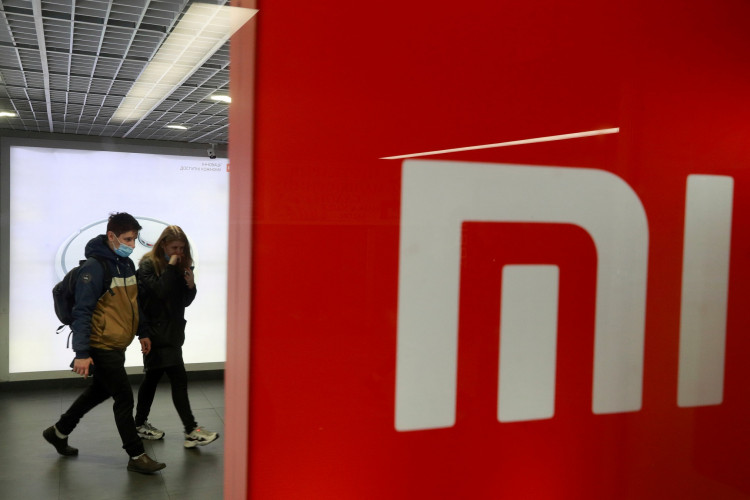Reports from Indian media suggest that the Indian government has proposed new requirements for Chinese smartphone manufacturers operating in India, demanding key executive roles like CEO, CFO, COO, and CTO be filled by Indian nationals.
This development follows the seizure of about $725 million from Xiaomi by Indian law enforcement, a move that has garnered continued attention from international media. On June 13, a source familiar with Chinese enterprises in India told Global Times that this action by the Indian government equates to "bullying" and amounts to a "veiled takeover of Chinese companies." Another person noted that the Indian government had made similar demands of Chinese enterprises before.
According to reports from the Economic Times on the 13th, the Indian government has demanded that Chinese smartphone manufacturers including Xiaomi, OPPO, Realme, and Vivo appoint Indian nationals to top executive positions.
In addition, they've instructed these companies to subcontract manufacturing to Indian businesses, develop manufacturing processes with local businesses, and export via local dealers.
The government officials have specifically directed Chinese companies to comply with the law and not evade taxes in India. As per reports from ABP News Network, these issues were discussed in a recent meeting of the Electronics and Information Technology Department with the Chinese smartphone manufacturers.
Just a few days prior, Reuters reported that Indian law enforcement on May 9 issued notices to Xiaomi Technology India and three banks, accusing Xiaomi of violating the Foreign Exchange Management Act by "illegally transferring funds to foreign entities."
According to the reports, an appellate body had frozen about $6.6 billion rupees (around $880 million) of Xiaomi under Indian foreign exchange law last year. Data reveals that the frozen amount is approximately 57% of Xiaomi's net profit last year, which was about $1.2 billion.
Data from Hong Kong-based industry analytics firm Counterpoint show that in Q1 2023, Xiaomi held a 16% market share in the Indian smartphone market, with OPPO at 12%, Realme at 9%, and Vivo at 17%.
Despite the Indian government's ambition to bolster its economy and promote "Make in India," some of its policies and practices targeting foreign investments have been criticized over the years. If it leaves an impression of an adverse business environment, it could likely hurt New Delhi's reputation.
In the context of India's increased crackdown on Chinese companies, Chinese enterprises have become exceptionally cautious about investing in India. As Financial Times reports, SHEIN plans to re-enter India via a partnership with Reliance Retail, one of India's largest retail companies. According to insiders, the partnership would enable SHEIN to purchase fabrics from small Indian businesses, further penetrating the market of Indian youth, while Reliance Retail could benefit from SHEIN's brand reputation, technology, and supply chain.
Since 2020, SHEIN and several other apps originating from China have been banned, and the Indian government has strictly limited Chinese businesses and funds. As per the Financial Times report, in 2020, the Indian government issued a regulation stating that any transaction with a "beneficial owner" who is Chinese or located in China needs approval from the Indian government.
Assistant Professor Lin Minwang of the Institute of International Studies at Fudan University told Global Times that the Indian market still holds some appeal for Chinese businesses, but that doesn't imply a massive return of Chinese companies to India. Realme's international business president Madhav Seth told the Economic Times that the Indian government aims to change this situation, hoping these companies involve local talent and ecosystem and turn India into their export base.






